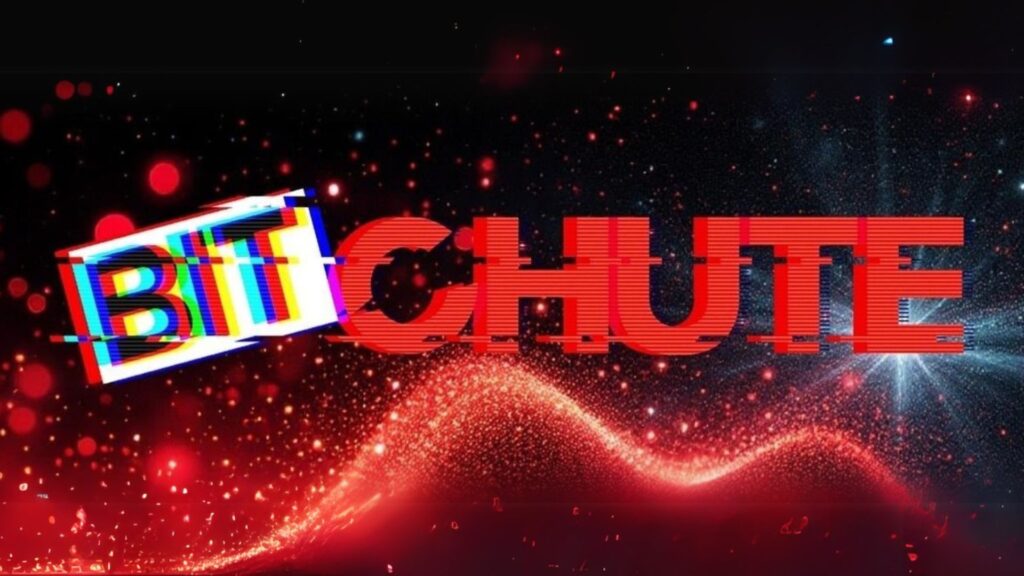Last week, alternative video-sharing platform BitChute announced they would no longer allow UK-based users to view content on their site.
The opening of their official statement makes the reason quite clear [you can read the whole thing here]:
After careful review and ongoing evaluation of the regulatory landscape in the United Kingdom, we regret to inform you that BitChute will be discontinuing its video sharing service for UK residents.
The introduction of the UK Online Safety Act of 2023 has brought about significant changes in the regulatory framework governing online content and community interactions. Notably, the Act contains sweeping provisions and onerous corrective measures with respect to content moderation and enforcement.
In particular, the broad enforcement powers granted to the regulator of communication services, Ofcom, have raised concerns regarding the open-ended and unpredictable nature of regulatory compliance for our platform.
The UK’s Online Safety Act officially came into force on March 13th, and has already been used to target social media platform Gab to the tune of 20 million dollars.
BitChute has every reason to believe they could be next. It has been an establishment bugbear since its inception, with semi-regular hit pieces claiming it is a site “where neo-Nazis can view terror atrocities”, that it “thrives on misinformation and hate” or is spreading “Kremlin-backed” propaganda.
And now it’s gone, from the UK at least.
What we’re seeing here is the first example of the kind of manipulative, indirect censorship OffG (and many others) have been warning of for quite some time.
There was no order, no Jack boots, no smashed servers and seized hard drives. Instead, the Online Safety Act simply makes the regulatory environment so hostile that producing – or even hosting – anti-establishment content is simply not worth the risk.
This works as a mutually beneficial agreement between the social media giants and the state.
Facebook, Google, YouTube et al. are likely bracketed under the OSA’s “recognised publishers” clause, and therefore exempt from “false communication offenses”. Even if they’re not, they have the resources and revenues to handle fines and legal fees, when their potential rival start-ups do not.
Essentially, the state will go after the small social media platforms to protect the tech giant monopoly, and then the social media giants pay back the favour by policing free speech.
BitChute is the first to go, it likely won’t be the last.
…might be time to invest in a decent VPN service.
Read the full article here
